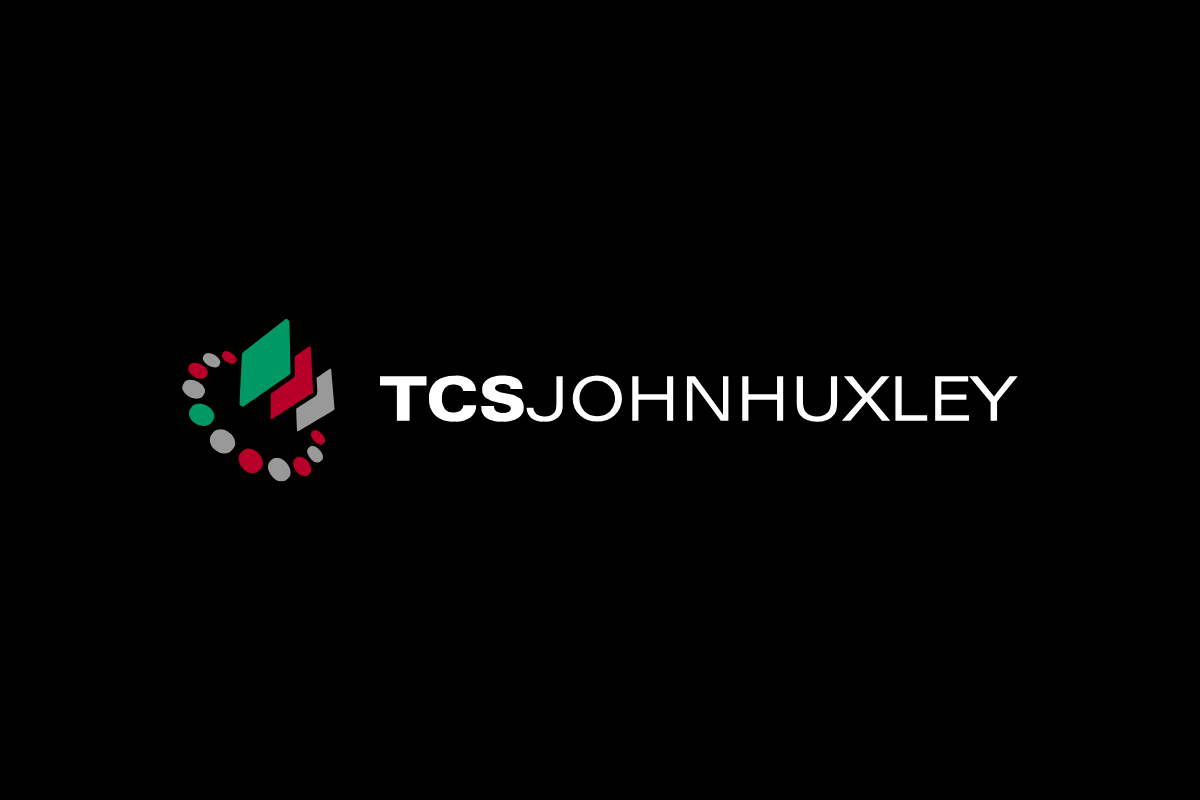
Koi Nation of Northern California Casino Plan Meets Requirements of Indian Gaming Laws
The Koi Nation of Northern California is in full compliance with the Indian Gaming Regulatory Act’s “Restored Lands Provision” in the tribe’s pursuit of the Shiloh Resort & Casino project in unincorporated Sonoma County, California.
“The promise of the Indian Gaming Regulatory Act’s “restored lands provision” was to remedy the tragic history of forced removal and relocation by allowing restored lands to be utilized for tribal gaming. Like it or not, a rigid set of rules exists to qualify for this provision of federal law — and we’ve dutifully met them all,” said Darin Beltran, Chair of the Koi Nation of Northern California’s Tribal Council.
The Koi Nation’s ancestors relocated to Sonoma County after rejecting the Bureau of Indian Affairs’ offer of a Rancheria in neighboring Lake County in 1916 that the agency itself deemed uninhabitable. This tragic series of events rendered the Koi Nation landless and led to the improper termination of its federal recognition status, ending its ability to pursue gaming through the same rights afforded to all other federally recognized tribes.
The Koi Nation’s federal recognition status was finally restored in 2000, and a 2019 ruling in a case overseen by the Chief Judge of the U.S. District Court of the District of Columbia, Beryl A. Howell, recognized the tribe’s ability to pursue gaming through the “restored lands provision”.
“This unique provision of federal law allows tribes restored to federal recognition status, such as the Koi Nation, to pursue gaming according to strict statutory and regulatory requirements,” Beltran said.
These requirements include the demonstration of a “significant historical connection” to the site of proposed gaming projects.
In its filing for a restored lands opinion, the Koi Nation methodically details the tribe’s deep ties to Sonoma County. These include their ancestors’ well-regarded roles as Sonoma County Native American political leaders who advocated for 1928 federal native claims legislation, Native American social rights and community organization with other Pomo tribes, and voters for the tribe’s organization under President FranklinRoosevelt’s Indian Reorganization Act of 1935.
“Since that time, the center of Koi Pomo life – and death – has been in Sonoma County. Our application is in full compliance with Indian Gaming Regulation Act’s restored lands provision,” said Dino Beltran, Vice Chair of the Koi Nation of Northern California’s Tribal Council.
The Koi Nation’s strong historical connection to Sonoma County was recently supported by an opinion piece published by the project site’s local paper of record, the Press Democrat.
Additionally, the largest native American news publication in the US, Indian Country Today, published an opinion piece supporting the Koi Nation’s utilization of the restored land provision in the face of recent opposition.
The publication of these two pieces demonstrates that the opinions contained therein are significant not just in the region surrounding the proposed Shiloh Resort & Casino project, but for all of Indian country throughout the US.









